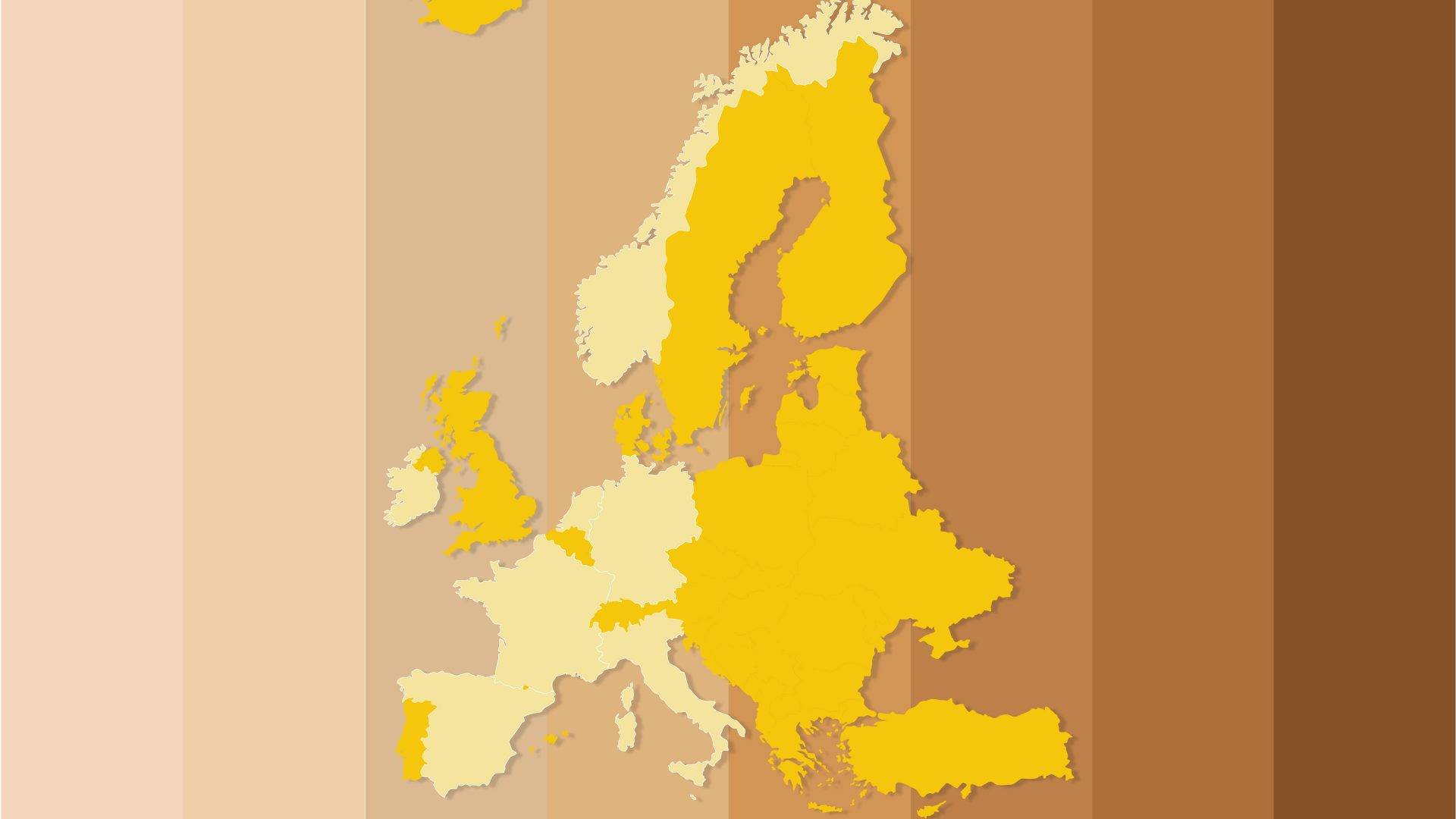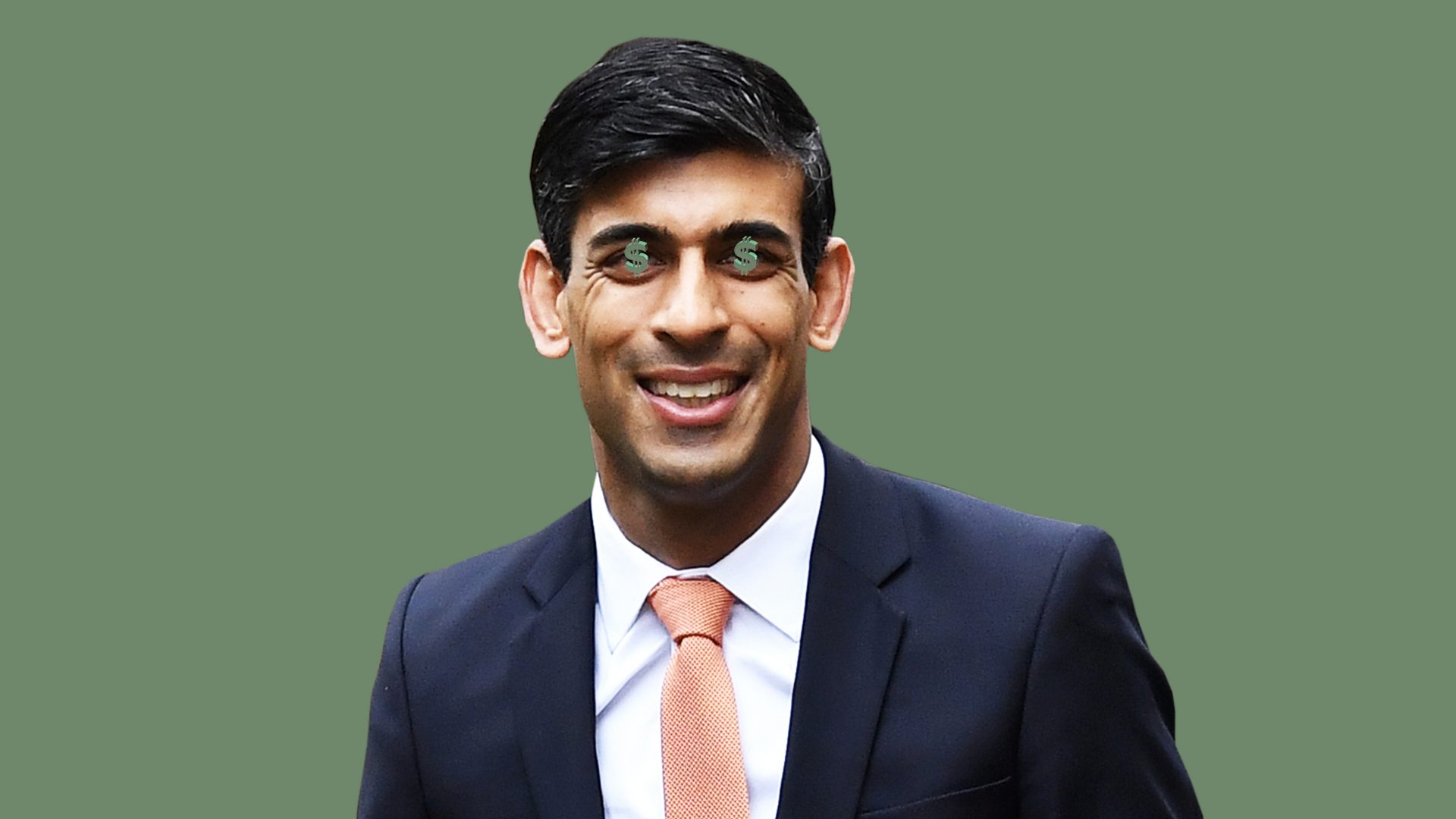THE NETHERLANDS
Compared with other European countries, the Netherlands has one of the longest-standing and, percentage-wise, biggest representations of MPs with an immigrant background. Over the past two decades, the number of ethnic minority MPs has been roughly equal to their share of the Dutch population, between 10% and 12%. The most high-profile of these in Mark Rutte’s current cabinet is justice minister Dilan Yeşilgöz-Zegerius, born in Turkey of a Kurdish background. In last year’s general election 26-year-old Kauthar Bouchallikht, who has Moroccan roots, became the first Dutch MP to wear a hijab, while Sylvana Simons, of the hard-left BIJ1, is the first black female party leader.
IRELAND
Rishi Sunak was beaten to the title of Europe’s first prime minister with Indian heritage by five years – Leo Varadkar, who served as taoiseach from 2017 to 2020 and is now tánaiste (in effect deputy prime minister) is the son of Mumbai-born Ashok Varadkar, who moved to Europe in the 1960s to work as a doctor. Varadkar was also, at 38, the youngest taoiseach and only the world’s fourth openly-gay head of government. In Northern Ireland, things are less advanced – Zimbabwe-born Sipho Sibanda, of the socialist People Before Profit, was the only known ethnic minority candidate in the Stormont elections earlier this year.
SPAIN
Ethnic minorities are highly underrepresented in Spanish politics, possibly since mass immigration is a relatively new phenomenon to the country when compared to many of its European neighbours. Only a handful of non-white people have succeeded at the top level of Spanish politics, and it took until 2016 for Equatorial Guinea-born Rita Bosaho, now the director of racial and ethnic diversity at Spain’s equality ministry, to become the country’s first-ever black member of the Senate. Luc André Diouf, who migrated from Senegal, won a seat in Spain’s lower house three years later.
FRANCE
The racial diversity of France’s successful national football teams is not reflected in the nation’s politics, with just 32 deputies of minority origins being elected to the 577-seat National Assembly earlier this year (since gathering demographic data based on ethnicity is forbidden in France, this is figure is based on officials with at least one parent whose background is from either a French overseas territory or a non-European country). Diversity in president Macron’s cabinet comes from Rima Abdul Malak, the culture minister, whose family fled Lebanon during its civil war, and the education minister, Pap Ndiaye, whose father is Senegalese. In a 2021 interview with Le Monde, Ndiaye stated he did not experience racism growing up in France and only “realised that [he] was black” when he was 25 and studying in the US.
ITALY
Cécile Kyenge, who was born in the Democratic Republic of the Congo, became Italy’s first black cabinet minister in 2013 when she was appointed integration minister in the grand coalition government formed by Enrico Letta. She faced venom from the country’s far right, being likened to an orangutan by one former government minister and having bananas thrown at her while speaking at a rally. In a 2019 survey, 59% of Italian respondents said they would feel comfortable about having a person from a different ethnic origin in the highest elected political position; 20% said they would feel uncomfortable.
NORWAY
Norway’s current crop of MPs is the most diverse group of legislators to set foot in the Storting, Norway’s parliament, with 11 of the 169 lawmakers elected last month representing minorities who trace their roots back to Africa, Asia, and the Middle East. Ethnic minorities are now represented roughly in proportion to their fraction of the eligible voting population. The most high-profile is Hadia Tajik, deputy leader of the Labour Party for seven years until March this year. Born to Pakistani parents, last year she became the first woman of a minority background to be listed as the most powerful woman in Norway by Kapital magazine.
GERMANY
When Cem Özdemir, a Green, was named minister of food and agriculture in Olaf Scholz’s three-party coalition in December last year, he became Germany’s first federal government minister of Turkish origin. His father came from Tokat in Anatolia and his mother is from a middle-class family in Istanbul. Not that that is good enough for president Erdoğan: when Özdemir opposed Turkish accession to the EU under the autocrat’s leadership in 2014, Erdoğan derided him as a “so-called Turk”. Özdemir’s appointment to Scholz’s cabinet might have been expected to cause controversy – not for his ethnicity, but because, as a food and agriculture minister, he is a vegetarian. But the country’s main farming lobby welcomed somebody with such a big public profile taking on a sometimes neglected brief. For more on Özdemir, see Tanit Koch’s read Germansplaining here.



